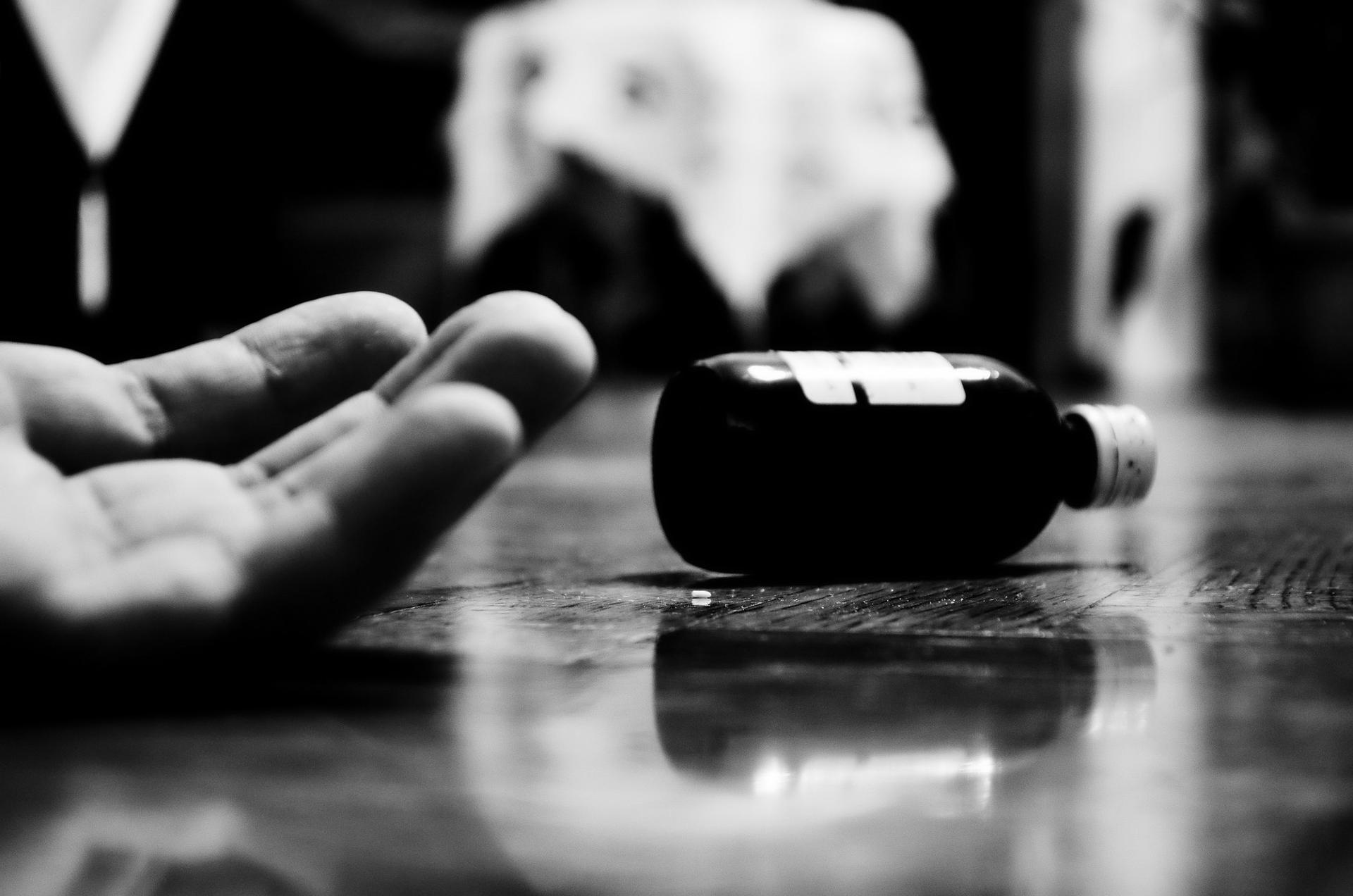’13 Reasons Why’ suicide controversy continues
Suicide rates among teenage girls in the US hit a 40-year high in 2015. This may be one reason why the Netflix show, "13 Reasons Why," has caused such a passionate debate how teen suicide is portrayed in the media.
When the Netflix series "13 Reasons Why" debuted last spring, it sparked widespread discussion about how TV and movies should handle the issue of teen suicide. Now that the show is scheduled to begin its second season in 2018, the controversy will likely continue.
"13 Reasons Why" is based on the book of the same title by Jay Asher. The plot centers on a teenage girl who kills herself and leaves behind a series of recordings casting blame on 13 people from her high school whom she holds responsible for her suicide. Psychologists and many parents argue the show glamorizes suicide, while the series’ creators claim the show helps to steer teens to suicide awareness and assistance.
So, which is it?
A couple of recent studies suggest that even if "13 Reasons Why" sincerely aims to raise awareness and help teens, it might be having the opposite effect — or it might be coming at a particularly bad time, when an increasing number of US teens report depression and suicidal tendencies.
A recent Centers for Disease Control and Prevention study found that the suicide rate among teenage girls reached a 40-year high in 2015. While that data precedes the TV version of "13 Reasons Why" (the book came out in 2007), more recent data suggests the show may be exacerbating this disturbing trend.
John Ayres, an associate research professor at San Diego State University Graduate School of Public Health, studied internet searches after the release of "13 Reasons Why." He and his colleagues published their findings in the Journal of the American Medical Association. This is what they found:
“In the United States, for 19 days following the immediate release of "13 Reasons Why," there were about one million more suicide-related searches than what you would expect, and a lot of these searches were for people thinking about committing suicide,” Ayres says. “For example, ‘how to commit suicide’ was up 26 percent. ‘Commit suicide’ was up 18 percent, and the search ‘how to kill yourself’ was up 9 percent.”
He and his colleagues looked at internet searches, because “there isn’t contemporary data from other sources,” Ayres explains. “Internet searches tell us what the population is thinking and when they’re thinking it.”
While it is generally extremely difficult to draw a direct line from an internet search to an act of suicide, past data indicate that “suicide searches, in general, actually foreshadow future suicide rates," Ayres says. "When someone is searching for the phrase, ‘how to commit suicide,’ it likely indicates they’re just one step away from a suicide act."
Ayres acknowledges that raising awareness of difficult issues can be important for improving public health, but, in the case of suicide, “we often know that showing or talking about suicide in the media can cause copycat suicide.”
Guidelines and standards exist for how to responsibly portray issues like teen suicide, Ayres says. "13 Reasons Why" violated these standards.
“The World Health Organization has used thousands of studies and decades of research to develop guidelines on the types of narratives we should portray when talking about suicide in the media,” Ayres says. “'13 Reasons Why's' makers could have followed those guidelines. For example, they could have not shown the suicide act. They could have not shown this fictional suicide victim seeking help and being denied help. They should have not shown the suicide as being a result of personal differences between friends and boyfriends and girlfriends.”
“Ninety percent of suicides are because of mental illness, not your boyfriend breaking up with you,” Ayres concludes.
If you or someone you know is experiencing suicidal thoughts, text the Crisis Text Line at 741-741 or call the National Suicide Prevention Lifeline at 1-800-273-8255.
This article is based on an interview that aired on PRI’s Science Friday with Ira Flatow.
